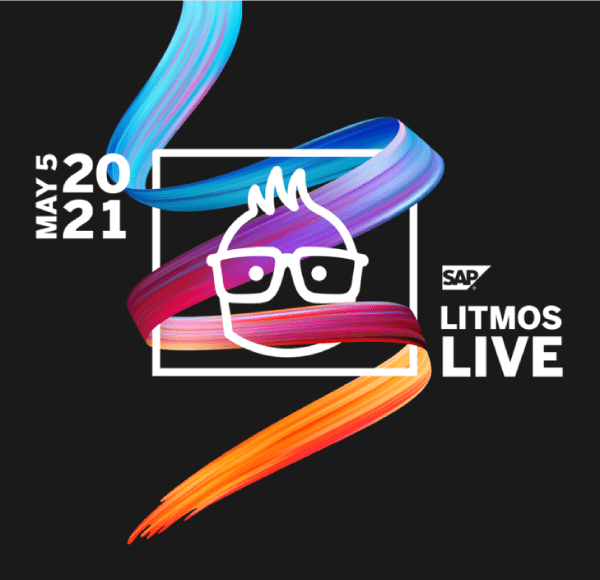The 3 Top Research-Supported Methods to Improve Training – Will Thalheimer Video Part 3
Last week I shared parts 1 and 2 of my conversation with Dr. Will Thalheimer. In part 3 we learn the top 3 things you can do to improve your training solutions. All 3 are based on proven research. However, Will also reminds us…
“none of these are panaceas. The key is to have more tools in your toolbox”.
In the video you will actually discover that there are really TWO main things you can do to improve your training.
- The first is to stop teaching so much,
- and the second is to support remembering.
I’ve often referred to the first as the classic subject matter expert syndrome. We are all guilty of it. Will readily admits to being guilty of it himself. And I am guilty as well. In Will’s words…
“We try to teach too much. Our learners are going up a learning curve but then falling down a forgetting curve.”
The second is the most critical, and in my opinion most overlooked by the instructional design community. Will makes a great point about remembering.
“If we get people to understand…but they can’t remember it in a week, or a month, have we done anything of value?”
“It’s key for us not to just develop understanding, but also to support remembering”
Dr. Thalheimer recommends 3 methods of supporting remembering. All 3 methods have been researched and proven to be effective.
- Context Alignment: Align the learning and performance context… as close as we can – simulations
- Retrieval practice: Give people practice retrieving information the way they would retrieve it on the job – Give them a real world task, if we can’t do that we simulate it, if we can’t do that we give them a scenario based question that has good context behind it.
- Spacing: The spacing effect is one of the most studied phenomena in learning research.
If you have any questions about these topics you can always contact Dr. Thalheimer at willatworklearning.com. And you can also ask your question via twitter with the hashtag #askBschlenker.






